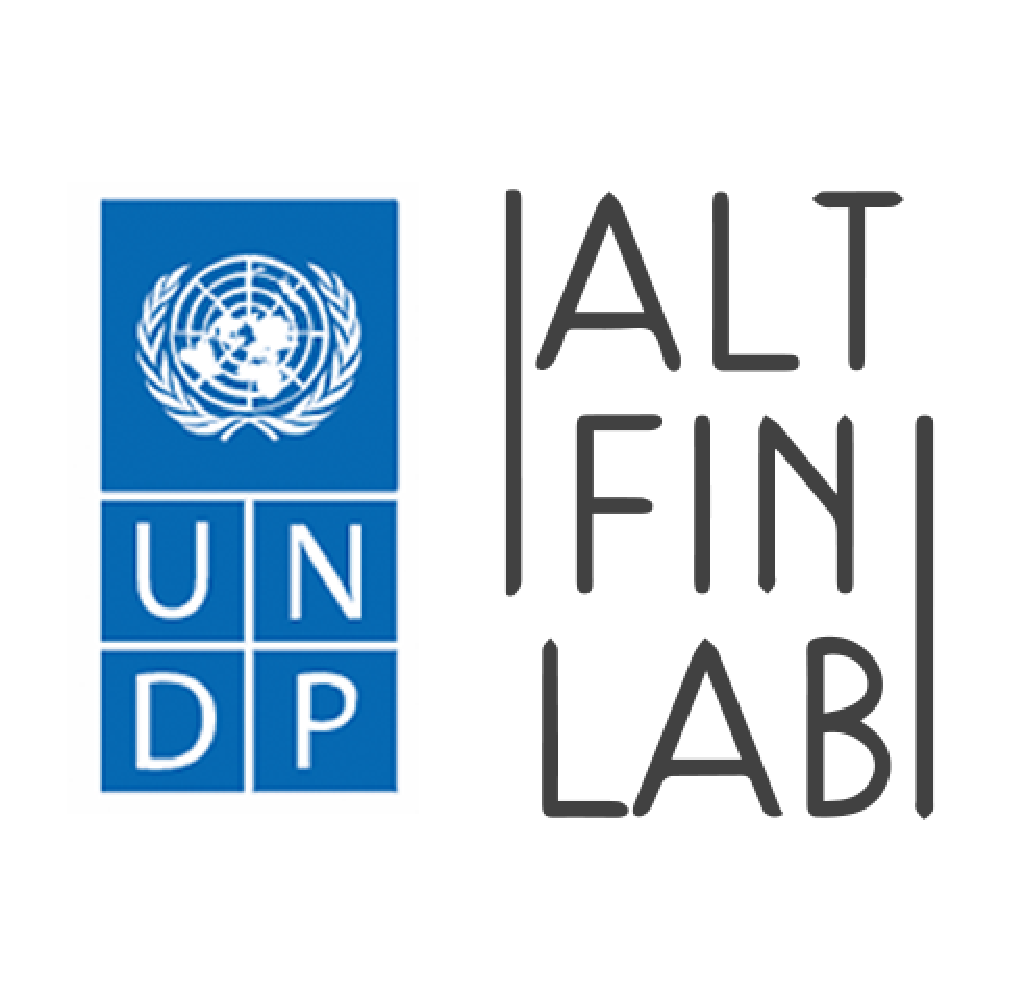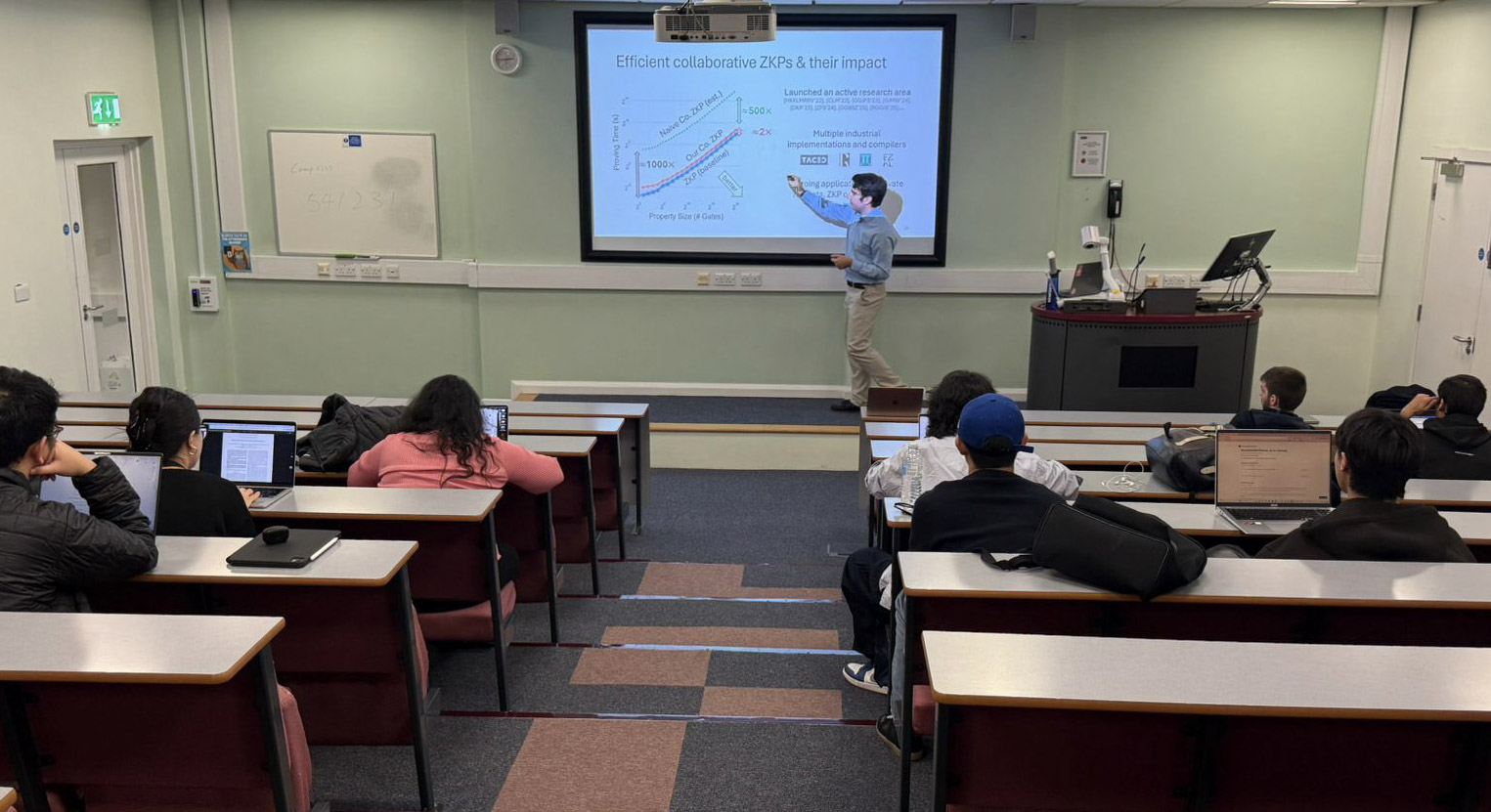The sixth session of the Distributed Ledger Technology (DLT) Seminar Series, hosted by UK CBT and backed by Exponential Science, featured Dr. Alex Ozdemir from the Max Planck Institute for Security and Privacy, who explored zero-knowledge proofs and their applications in privacy-preserving blockchain systems. Dr. Ozdemir, a recent Stanford PhD graduate joining Georgia Tech as a professor, addressed the fundamental tension between transparency and privacy in distributed systems.
Dr. Ozdemir opened the session by examining how blockchains traditionally rely on transparency to ensure integrity, quoting Justice Louis Brandeis: ‘Sunlight is said to be the best of disinfectants.’ However, this transparency conflicts with individual privacy needs. Dr. Ozdemir demonstrated how zero-knowledge proofs (ZKPs) enable systems to prove properties about secret data without revealing the data itself, using examples from private payments and authentication.
Central to the talk was the concept of knowledge soundness, ensuring that creating valid proofs requires actual knowledge of secrets, not merely their existence. Dr. Ozdemir introduced his own research on collaborative zero-knowledge proofs, which extend traditional ZKPs to scenarios where secrets are distributed among multiple parties, such as private payment systems where neither sender nor receiver alone possesses complete transaction information. This enables applications such as private marketplaces and secure multi-cloud computation.
Dr. Ozdemir acknowledged challenges including computational intensity, trusted setup requirements, and programming complexity, but noted that recent advances have made zero-knowledge cryptography practical for real-world deployment in systems like Monero, Zcash, and COVID-19 exposure notifications.
The DLT Seminar Series connects industry experts and researchers to share technical insights on distributed ledger technologies and their practical applications. Keep up to date with our events here.




.jpg)



